THERE'S A TIME AND A PLACE FOR EVERYTHING
Despite what many companies say, in reality debt settlement is a very niche solution. Although by far the single most beneficial solution for debt laden consumers with access to a lump sum of cash, debt settlement can be detrimental if the consumer has not defaulted on their payments yet, or does not have the ability to raise the amount of the settlement in its entirety. Scheduling a free debt settlement consultation should be the first thing any home-owning consumer does before even considering speaking with a trustee or credit counsellor. This is simply because if implemented properly, the debt settlement strategy can save a substantial amount of money with no adverse effect to the credit bureau; provided the accounts in question are already past due.
WHEN SHOULD YOU CALL A TRUSTEE?
A Trustee is an excellent choice for debt settlement of unsecured debt like credit cards, loans and lines of credit. Keep in mind, a mortgage is a secured debt and if you have significant equity in your home, bankruptcy may not be an option or may be more costly. This makes obtaining any financing extremely difficult for an extended amount of time, and is near impossible if the consumer owns a property with any amount of equity in it, or makes $2,000 a month more than their basic living expenses.
IS CREDIT COUNSELLING A GOOD IDEA?
Credit counselling should never be considered a viable option. It is recorded as "orderly debt repayment" on the credit bureau, which makes lenders cringe and involves the creditors getting paid in full. Some credit counsellors are not for profit, this is because they're actually funded by the banks as an alternative to collection agencies. This way the banks recover the whole balance without dealing with complaints about aggressive collectors. This recourse can be taken without any fees by the consumer themselves, and without the negative effect on the credit.
WHAT EXACTLY IS A CONSUMER PROPOSAL?
A consumer proposal is a renegotiation of what you owe to your creditors, handled by a Licensed Insolvency Trustee on your behalf. You pay what you can afford, instead of what your creditors were demanding (usually eliminating debt for only a percentage of original amount owed). Think of it as a settlement with those you owe on terms you both agree with. A consumer proposal is an alternative to bankruptcy but it does reflect negatively on your credit report and remains on your report for 3 years after completion.
WHAT ABOUT SETTLING DEBTS?
Creditors don't settle debts over an extended amount of time, they'd sooner push you into proposal for maximum negative impact. The best thing to do is tap equity in a home, liquidate assets, borrow against vacation pay, RRSPs or family and friends. With a lump sum and depending on the consumers situation, debt settlement companies can sizably reduce the amount owing. It appears on the bureau with a zero balance, not public record. The only difference between paying in full and settling this way is the word "settlement made" in lieu of "paid" below that trade line, credit begins to repair in 30 days.

